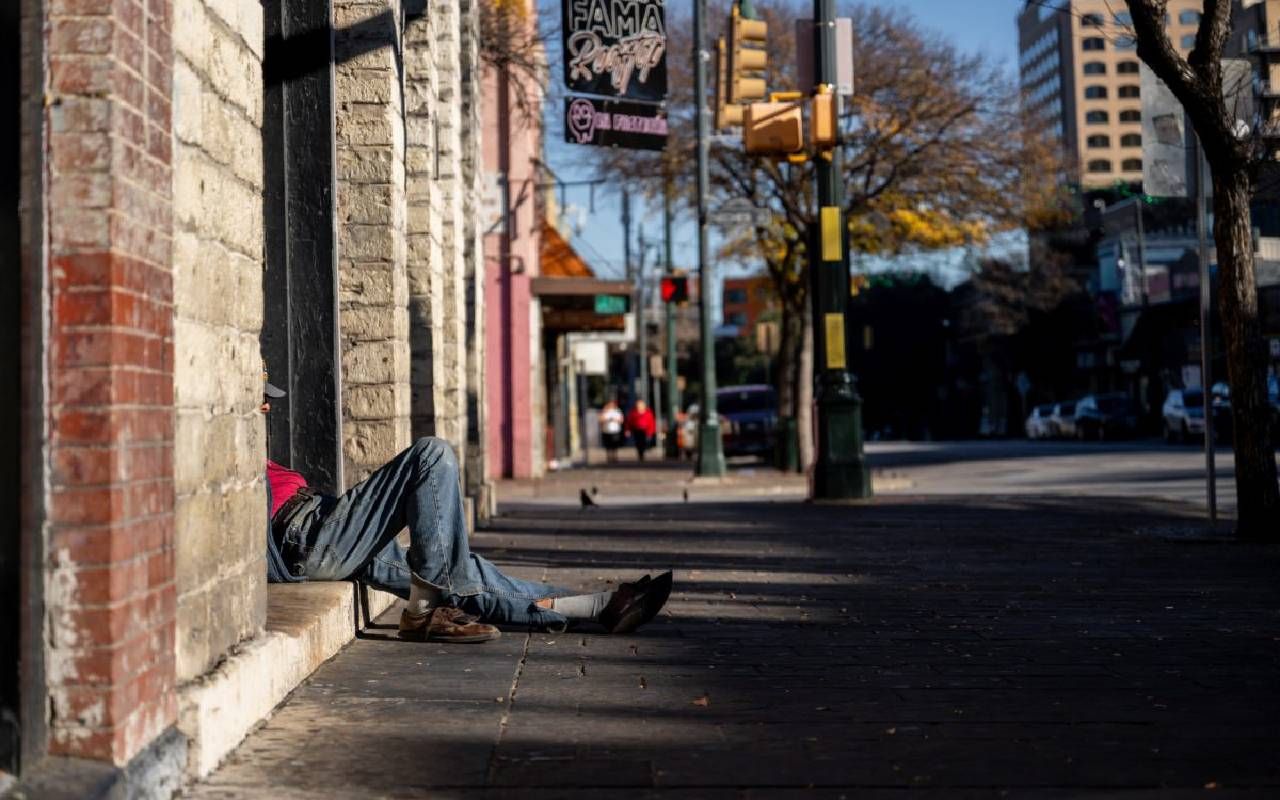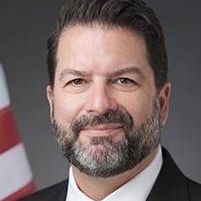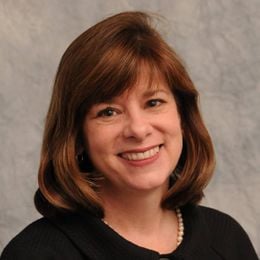Homelessness After Age 50 Is Rising
Here is what we can do to prevent older adults from losing homes
Imagine you are 82 years old, barely making ends meet on a fixed Social Security check and getting a $1,300 bill to fix a burst water pipe. Imagine being 51, years away from Social Security, and losing your low-wage job because a new medical diagnosis forces you to give up your driver's license in a place with no public transit. Or imagine being 70, experiencing memory loss and forgetting to pay your bills.

In these all-too-common scenarios, eviction and homelessness lurk around the corner. People aged 50 and older are the fastest-growing group of people experiencing homeless in the United States. They make up nearly half of the homeless population, and their numbers are estimated to triple by 2030.
Rents rose more than 20% from 2019 to 2022. . . . This forces people to make decisions they never thought they would face: Should I pay for food, rent or medicine this month?
Some older adults have been on the brink of or experienced homelessness at some point during their lives, especially if they struggled to find stable, good-paying jobs or if they suffer from substance use or mental health disorders.
Meanwhile, recent years have witnessed an alarming increase in the number of Americans over 50 experiencing homelessness for the first time. When they should be enjoying some hard-earned rest after decades of work, too many are losing their homes and ending up in shelters or on the streets.
Older adults are especially vulnerable to homelessness because they are more likely to live on fixed incomes and to suffer from health problems. But fixed income does not mean fixed rent. In reality, rents rose more than 20% from 2019 to 2022. As older adults' housing and medical expenses rise, their income typically stays the same. This forces people to make decisions they never thought they would face: Should I pay for food, rent or medicine this month?
For people who spent decades stably employed and housed, homelessness after age 50 typically happens after a traumatic event: the death of a spouse, divorce, job loss, eviction or the onset of health issues.
Once homeless, older adults have many more obstacles to getting back into housing. They often have fewer technology skills, making it more difficult to complete online applications for housing vouchers and other support. Many shelters and homes lack the accommodations needed for people with mobility issues (such as wheelchair ramps, first-floor rooms and lower-bunk beds). Many shelters also lack capacity to help older people who need assistance with daily activities.
Despite these unique needs, most communities have few if any programs for this population.
We know that homelessness is preventable and solvable. During the pandemic, Congress and the nation came together to create emergency rental assistance, cover Medicare telehealth services, expand child tax credits and unemployment insurance, and took many other actions to keep people from losing their homes.
New Programs Offer Hope
In some communities, innovative partnerships between Area Agencies on Aging (AAAs) and homeless services systems helped older people keep or regain housing. As a result of the American Rescue Plan Act — the biggest single-year investment in ending homelessness in U.S. history — the Biden-Harris administration prevented millions of evictions and prevented a rise in homelessness during the worst years of the pandemic, from 2020 to 2022. This proves that with urgency, collaboration and creativity, progress is possible — even during the most difficult times.
Although the pandemic is over, efforts to prevent homelessness continue — and they give us hope. In Multnomah County, Oregon, the Aging, Disability and Veteran Services Division provides free housekeeping to help older renters maintain required standards.
The Area Office on Aging of Northwest Ohio coordinates services for older adults in apartment complexes who need help navigating housing and other challenges that put them at risk of losing their housing.
Other community-based initiatives include Boston's Hearth program, which helps older adults at risk of or experiencing homelessness to apply for, locate and move into subsidized housing. In San Diego, St. Paul's Program of All-Inclusive Care for the Elderly provides formerly homeless older adults with subsidized housing and services — from primary and specialty health care to dentistry and transportation assistance — reducing their hospital visits and stays.
Much Work Remains to Be Done
The Biden-Harris administration is working to lower the cost of health care and housing — and increase access to both. In 2023 alone, the White House worked with communities to lay the foundation to build more apartments than any other year on record. Meanwhile, the U.S. Department of Health and Human Services is helping states use federal health-care funding to cover housing-related support for older adults and other populations at high risk of homelessness.
But there is so much more work to be done. Health clinics and food stamp offices must routinely screen for risk of homelessness. More landlords must be willing to accept housing vouchers. Housing and shelters must upgrade their buildings and form partnerships to increase access to supportive services.
Like air, water and food, housing is a basic need. The Biden-Harris administration is committed to working with USAging and the Aging Network to build a country where every person — for every year of their life — has a safe and affordable place to call home.



